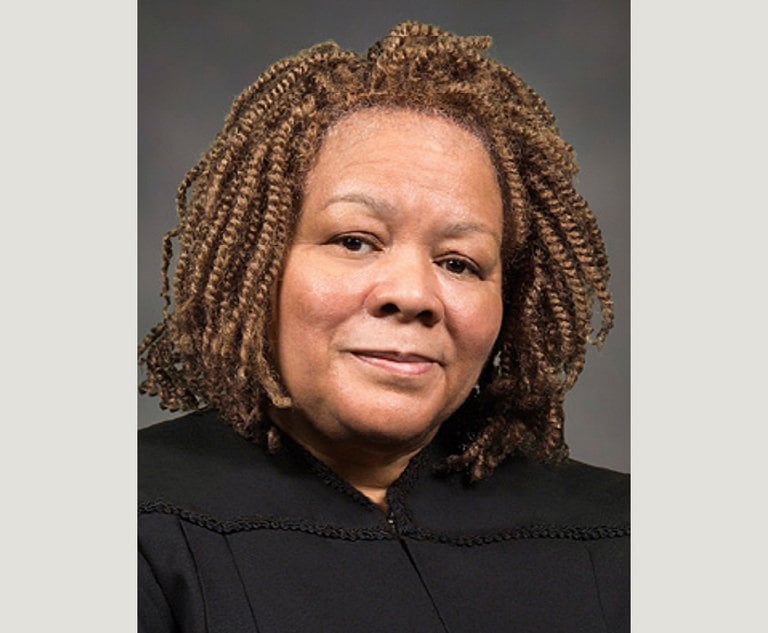Following a (mistaken) report of child abuse, New York City police officers forcibly entered the home of Larry Thompson without a warrant. He was arrested, jailed, and charged with resisting arrest and obstructing governmental administration. Thompson remained in jail for two days. Eventually, authorities realized that the suspected child abuse was simply diaper rash. Prosecutors then asked a judge to dismiss the criminal charges “in the interests of justice,” and Thompson returned home. He filed a civil lawsuit alleging the deprivation of his civil rights under 42 U.S.C. Section 1983—namely, his Fourth Amendment rights against unreasonable seizure via legal process (essentially, malicious prosecution).
In order to succeed on his claim, Thompson would need to establish the “favorable termination” of the legal proceedings against him. This might seem simple, inasmuch as prosecutors acknowledged that the criminal charges against him should be dismissed “in the interests of justice.” The relevant legal standard might require more. Courts across the country are divided on the contours of the “favorable termination” requirement; some courts require that criminal proceedings ended in a manner that affirmatively indicates innocence, while other courts ask only whether a criminal case ended in a manner “not inconsistent with innocence.”


 (L-R)Erica Pulford and Stephen Miller of Cozen O’Connor. Courtesy photos
(L-R)Erica Pulford and Stephen Miller of Cozen O’Connor. Courtesy photos




